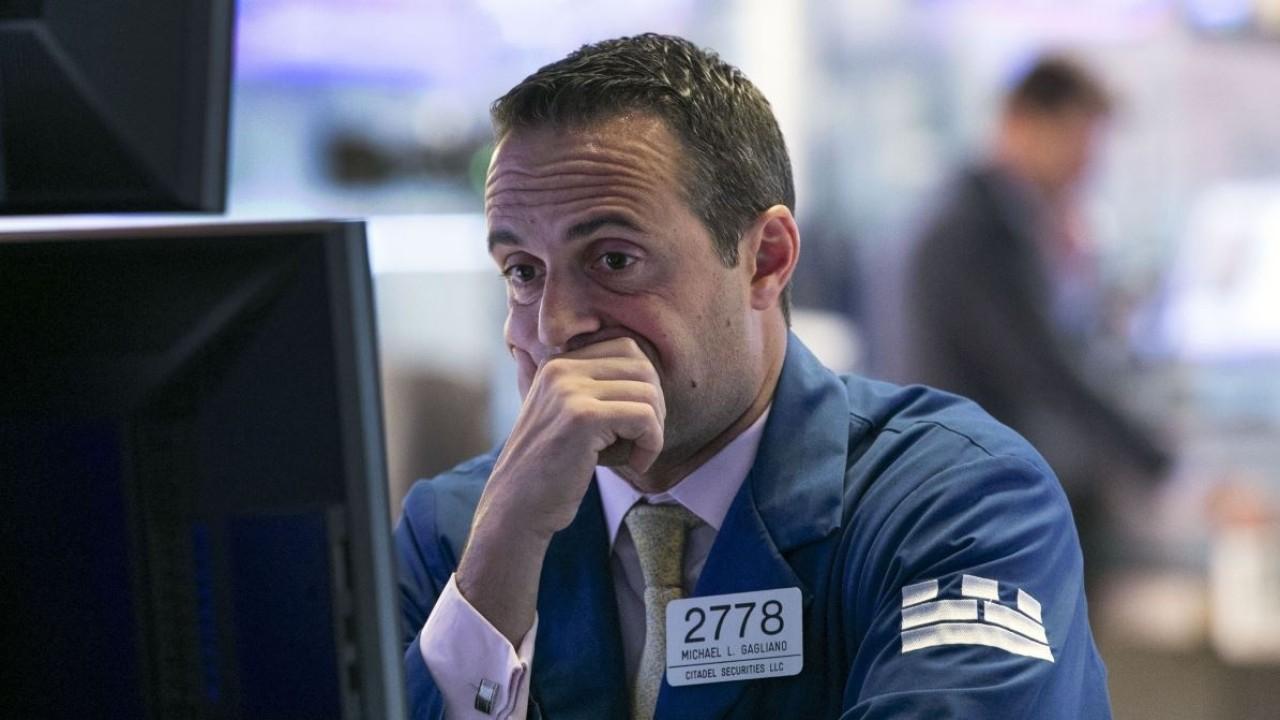Coronavirus will force Fed rate cut: El-Erian
'This is about confidence'
The fast-spreading coronavirus will spur an interest-rate cut by the Federal Reserve, Mohamed El-Erian predicts.
The best-case scenario would be a coordinated action from central banks around the world, said El-Erian, the chief economic adviser at the German investment bank Allianz, but simply restoring confidence is the priority.
Fed fund futures traded at the Chicago Mercantile Exchange show the market is pricing in a 100 percent chance of a rate cut at the central bank's March meeting, up from a 6.6 percent chance on Feb. 19. The market sees a 55 percent chance of a 25-basis point cut and a 45 percent chance of a 50-basis point cut; however, El-Erian says it's possible coordinated central bank action could come sooner.
CORONAVIRUS TO ERASE S&P 500 PROFIT GROWTH THIS YEAR: GOLDMAN SACHS
“This is about confidence, about the Chinese worker going back to the factory. About people being willing to travel again. About public gatherings being a safe place in Europe,” El-Erian told FOX Business’ Maria Bartiromo on Friday.
“Lower interest rates can help on the balance sheet side, but they’re not going to help to restore confidence. What we need is also a medical advance that suggests that even if you get sick, the chances of something bad happening to you are lower and lower, and the best way to do that, honestly, is through a vaccine.”
Overnight, the yield on the 10-year note fell below 1.19 percent for the first time on record. El-Erian says record low yields are telling investors two things: global growth is going to take a hit and more rate cuts are coming.
"It wouldn’t surprise me if Italy, Germany and a number of other countries go into recession in the first half of this year," El-Erian said, adding that low yields suggest there are "massive expectations of further interest rate cuts around the world.”
El-Erian believes the stock market is "trying to form a technical bottom" after six days of heavy selling dropped the S&P 500 by about 12 percent and into the fastest correction in history. The selloff has the major averages on track for their worst week since the 2008 financial crisis.
CLICK HERE TO READ MORE ON FOX BUSINESS
"Until the fundamentals improve, I think you’ve got to be very careful," El-Erian said.




















